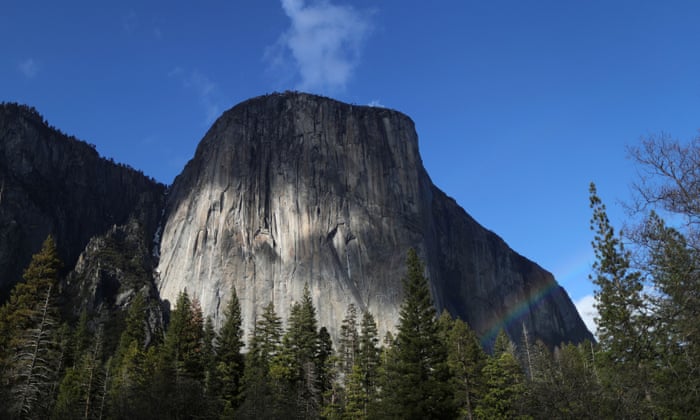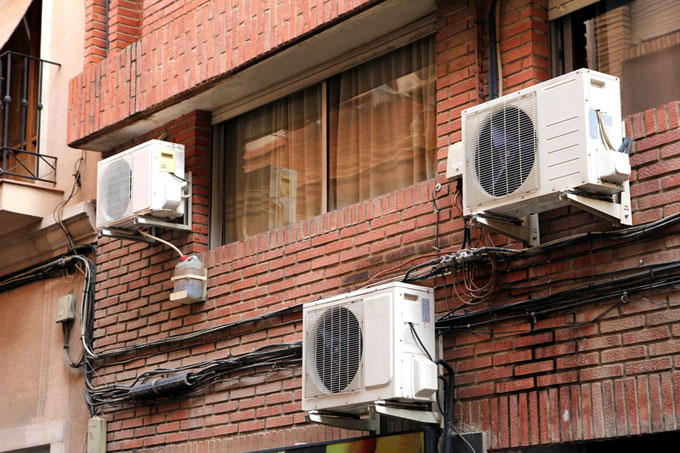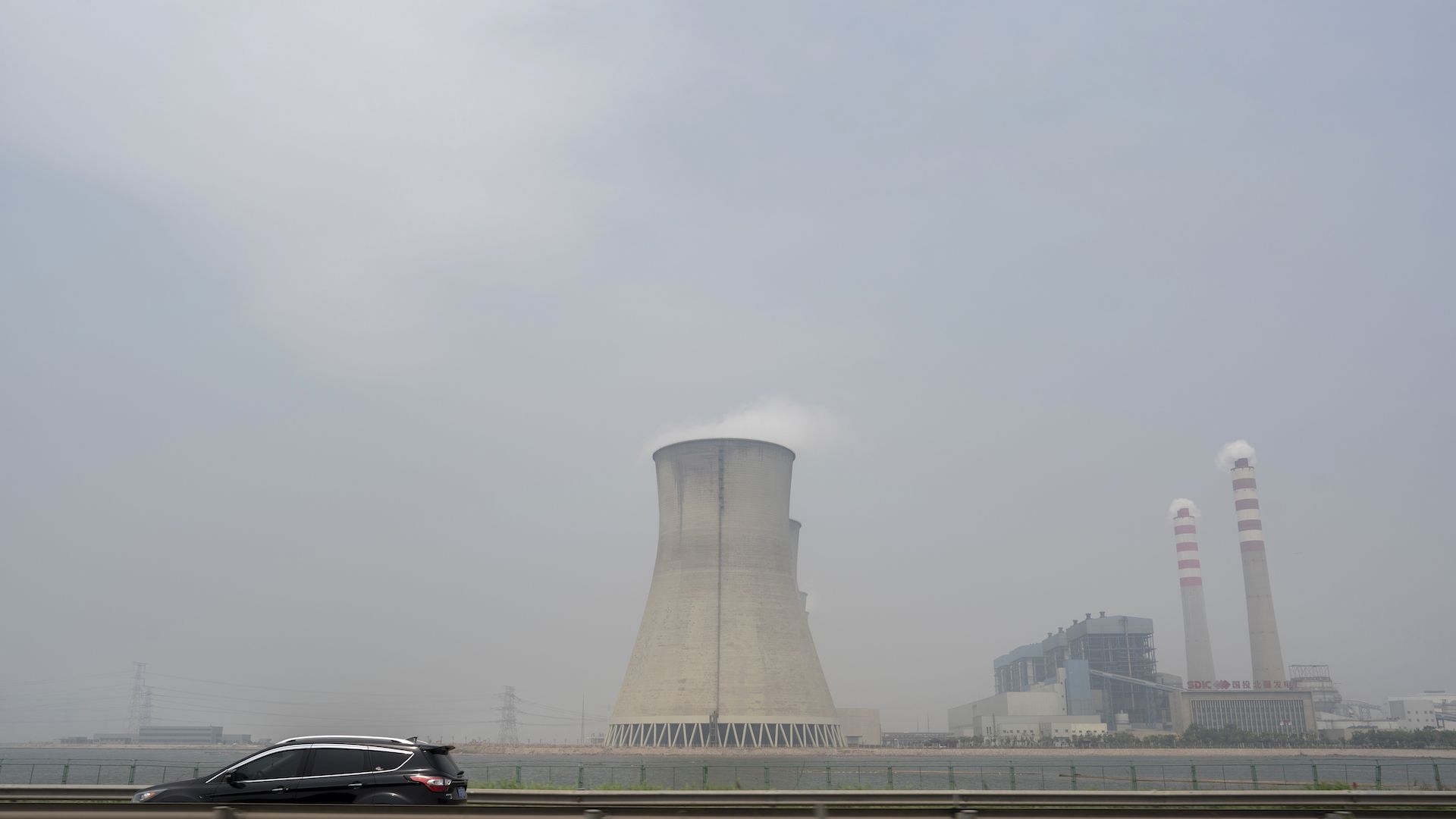The solar-power charged electric cars making money
Electric cars are being used to help power a small Portuguese island in the Atlantic. Porto Santo Island has begun testing a scheme in which the batteries in electric vehicles are charged by solar power during the day but at night return spare energy to the grid to power people's homes. Some experts say this form of energy storage could become a global trend.
How an electric car can make you money
Electric cars are being used to help power a small Portuguese island in the Atlantic. Porto Santo Island has begun testing a scheme in which the batteries in electric vehicles are charged by solar power during the day but at night return spare energy to the grid to power people's homes. Some experts say this form of energy storage could become a global trend.
How an electric car can make you money






